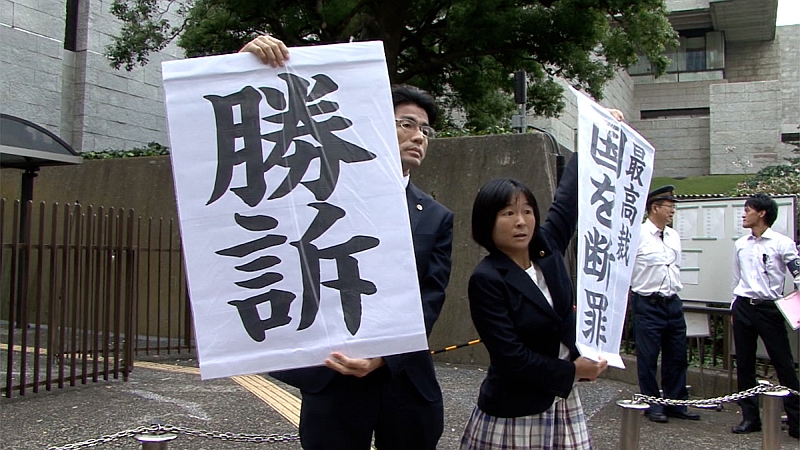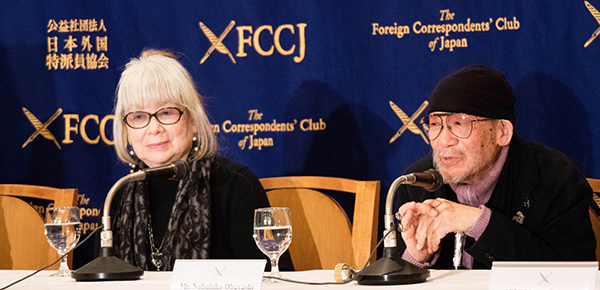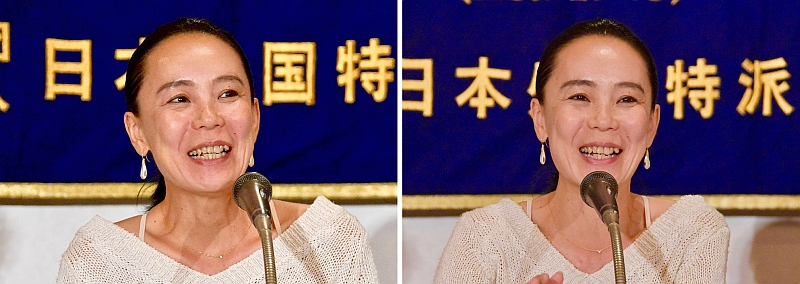Samurai and Idiots – The Olympus Affair
On April 19, 2012, corporate whistleblower Michael Woodford appeared at FCCJ, just a day before his former employer’s annual shareholders meeting. “The Olympus scandal would have been a wonderful opportunity to really get it right,” he told an enormous crowd of reporters. “All they’ ve done is make it worse. Olympus may get away with it, and the institutional shareholders, after sweating tomorrow, may be fine with it. But the damage is done. Would you invest in Japan? Do you believe in the integrity of company accounts?”
In Samurai and Idiots — The Olympus Affair, Woodford and other eyewitnesses demystify one of the biggest corporate governance debacles in postwar Japan (it was neither the first nor the last). An engrossing case study of a documentary, it is finally being released in Japan some 3 years after its heralded UK premiere, and some 5 years after Olympus was fined ¥700 million ($6 million) and its three top executives plead guilty to massive accounting fraud.
Watching it all unfold, as director Hyoe Yamamoto forensically peels back layers of the onion to reveal more rot within, is jaw-dropping stuff.




